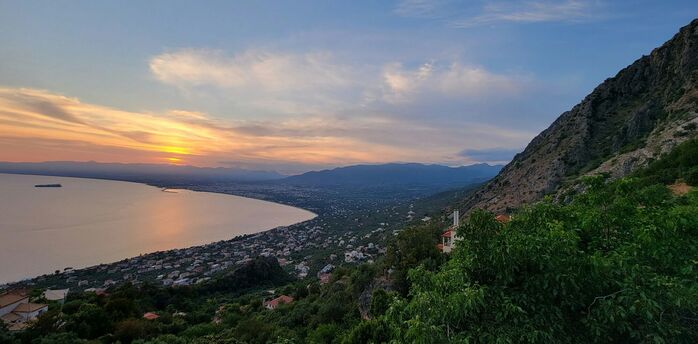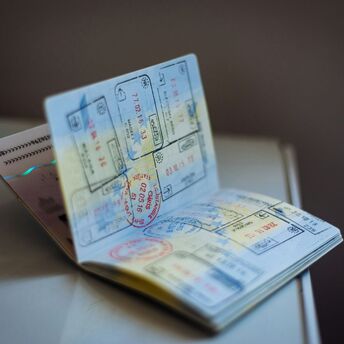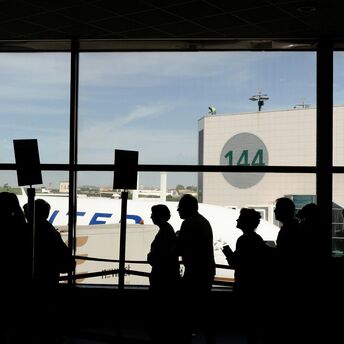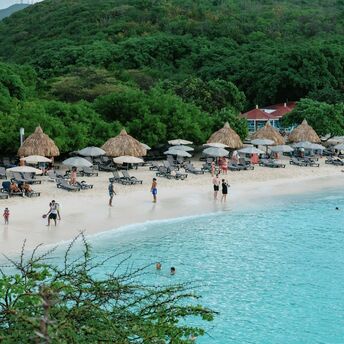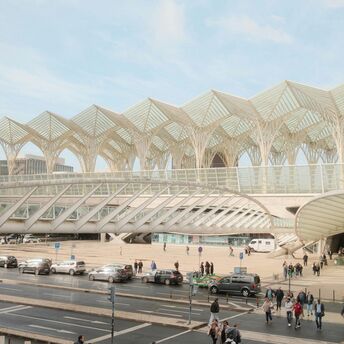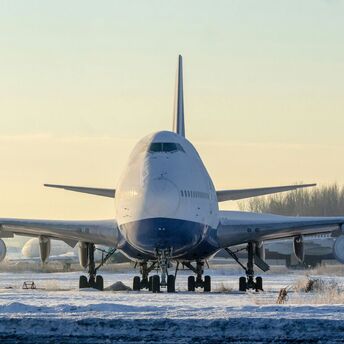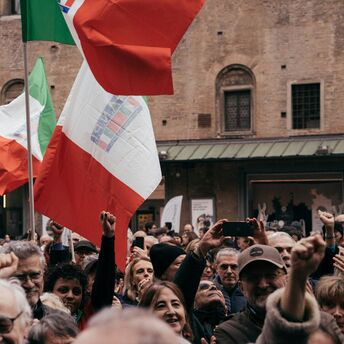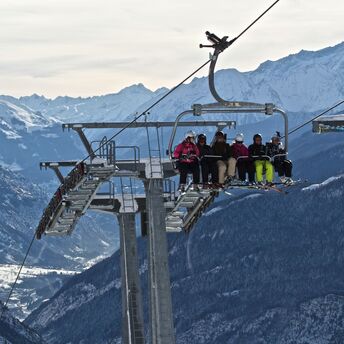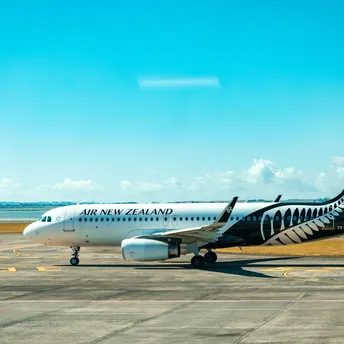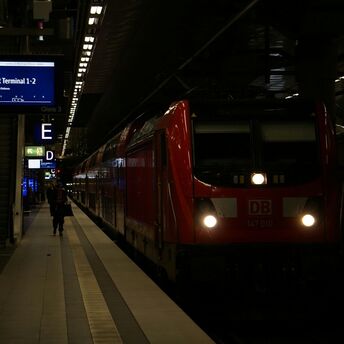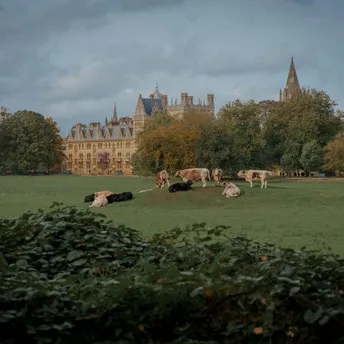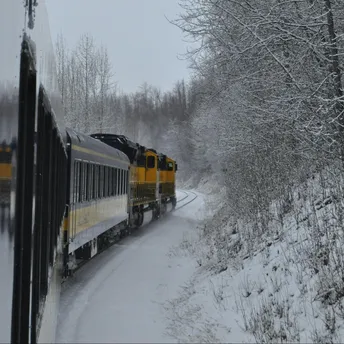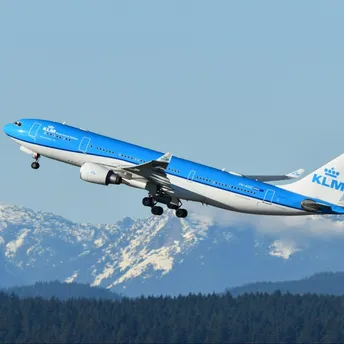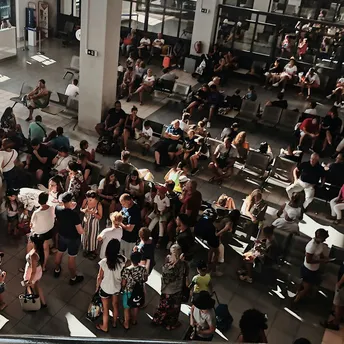Unique Accommodations Expand Travel Experiences Worldwide
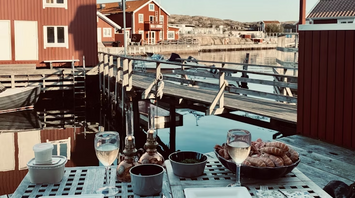
Around the world, travelers are being offered overnight stays in locations that go far beyond conventional hotels. These include cliffside capsules in Peru’s Sacred Valley and floating rooms anchored off Sweden’s Kladesholmen island. Other destinations feature a candlelit ecolodge in Jordan, a mountaintop resort in Italy, an underground hotel in Wales, a fire lookout tower in Wyoming, a newly opened bothy in Scotland, and a campsite on Spain’s Galician coast. Each site connects accommodation directly with its surrounding environment.
Many of these locations provide not only a place to sleep but also a distinctive way to experience the surrounding landscape. Some examples of these unconventional stays include:
- Peru: Skylodge Adventure Suites - transparent capsules suspended 1,300 feet above the Sacred Valley, accessible only by via ferrata or zip-line
- Sweden: Salt & Sill - floating rooms gently resting on calm waters with ladders that lead directly into the sea
- Jordan: Feynan Ecolodge - off-grid accommodation with rooms lit by lanterns and evenings dedicated to stargazing
- Italy: Vigilius Mountain Resort - nearly 5,000 feet above sea level, reached only by cable car, with views of forests, river valleys, and the Dolomites

Further examples show how diverse accommodations have become, including Wyoming’s Spruce Mountain Fire Lookout, once dedicated to spotting wildfires and now open to visitors wanting a secluded forest experience. North Wales opened Deep Sleep in 2024 inside a Victorian slate mine where guests stay 1,300 feet underground. In Scotland’s Cairngorms, the Ruighe Ealasaid bothy provides a riverside shelter reached only after several hours of hiking. Off Spain’s Vigo coast, those arriving by ferry can camp on the car-free Islas Cíes surrounded by pine forests, cliffs, and beaches.
These unconventional lodgings alter the travel experience, as reaching numerous sites demands physical activities like climbing, hiking, or descending into underground spaces, making the approach to the stay a central element of the visit. Others require adapting to limited services such as no electricity or the need to carry supplies, reinforcing the connection between overnight stays and the natural or cultural setting in which they are located.
Unconventional accommodations show a shift in global travel patterns where lodging itself becomes a continuation of exploration. Rather than serving just as places for rest, these stays offer guests access to remote locations and memorable experiences. The increasing diversity of available stays highlights that overnight experiences can be just as engaging and meaningful as the trips that bring guests to these destinations.


